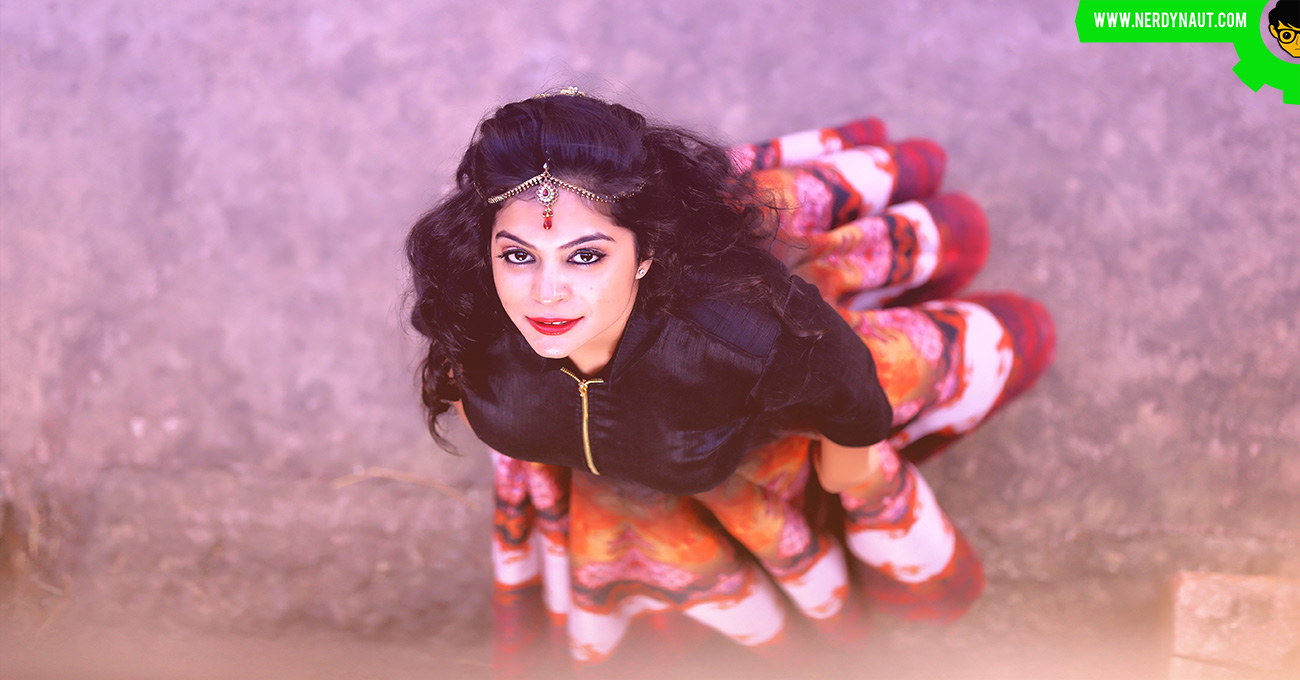
India has a number of issues plaguing its highly populated cities with various crimes going rampant across towns and villages separated by districts. As like any other society, it has its angels and demons. A crime lesser known by the outside world that becomes digestible and a “must” for Indians are in fact, the exploitation in the skin bleaching industry towards a growing need for “lighter and fairer” skin by both men and women. What was once offered exclusively for only the female gender are now becoming a massive haul for the male counterpart from the
We see men shopping for skin bleach creams more and more by the day, as the adage goes “Tall, dark and handsome” simply just doesn’t appeal to the Indian masses. Add in “Fair” to that adage and it becomes a realistic phenomenon in the daily lives of the Indian society. For skin bleaching cream companies, this was a country where they can be the dominant market player in terms of sales and profits. For me and I’m sure many others would recognize it too- that this exploitation of a society’s deepest, darkest insecurities remains a big challenge for the coming generations to bear.
How lovely is fair? Or more importantly- at what cost does fairness weigh in the Indian/ Bollywood society?
Movies and Hit TV shows
A shocking moment among Bollywood’s tight and adoring masses of fans was when Shah Rukh Khan, whose strikingly good looks earned him quiet a big reputation as one of Bollywood’s biggest heartthrobs promoted a skin bleach cream called Fair & Handsome, a direct competitor to that of Fair & Lovely in 2016. Emami, an Indian-owned company began producing Fair & Handsome specifically engineered to satisfy the male society’s growing need to be just as fair as the lovely ladies on screens.
Many fans were against and aghast at Khan’s blatant way of exploiting his status as a prominent celebrity and described it as the worst possible thing to do. Sonam Kapoor, who is famously known for endorsing fairness creams for over 10 years, has spoken out on the decision of promoting skin bleach creams. She explained that she had no clue on the ramifications of her actions yet, one can argue, why endorse something you don’t actually use? The majority of Bollywood movie stars all endorse this highly desired products yet when criticized and put under major spotlight, none defended their own actions in an open light. The moment a celebrity endorses something, the ethical responsibility of their actions is entirely their responsibility. That goes without saying. Yet, it seems like this situation is about to repeat itself, and we may never see drugstores and pharmacy outlets without shelves and shelves of fairness creams.
The ideal image of an Indian man and women shifts as fast as the seasons. Curvy, well-endowed bodies replacing those of lighter proportions and fairer, more radiant and westernized looks outgrowing those of deeply engraved traditions. It seems like nothing is safe. Nothing is secured. In a country where poverty is as far as the eye can see, men and women both struggle to get by their daily lives- not forgetting their fairness creams. As the need to become fairer turns a dangerous and dark corner, the safety risk intensifies. Treatments for skin bleaching, which ranges from various assortments of creams, pills, and injections are not always “safe”. People just don’t care anymore. They desire that feeling of being “fair”.
I find it particularly abhorrent to hear family members instil the need for perfection and by perfection, it only means having a fair and lighter skin colour as opposed to the original birth skin colour. “She’s lucky she got married even if she’s darker than him!” is a common saying in India. People pass judgements over dark-skinned men and women, often times made by family members themselves. This has become not just a stereotype of a certain society but shows a blatant consensus on racism on skin colours. This propelled me to ask why do Indians hate their own colour so much?
The answer lies back in India’s long, beautiful and artistic history dating back to the 16th century when India was partly ruled by the Mughals, following the long colonization of the British Empire from the 17th century. These foreign parties were in power, they controlled India’s vast and bountiful resources and practically owned the country with their weapons and the dominant power that was achieved through countless wars. These rulers were of fair complexion and
It has long been embedded in the eyes of Indian society, even among the caste system which separates Indians into distinct classes of particularly different ethical conducts and manners, that fairness is equivalent to superiority. A fair-skinned girl would be perceived as having ten times the marriage offers than a darker-skinned girl. More often than not, that sad picture I just painted seems to not stray too far from the obvious truth itself.
Conclusion
The society is what




